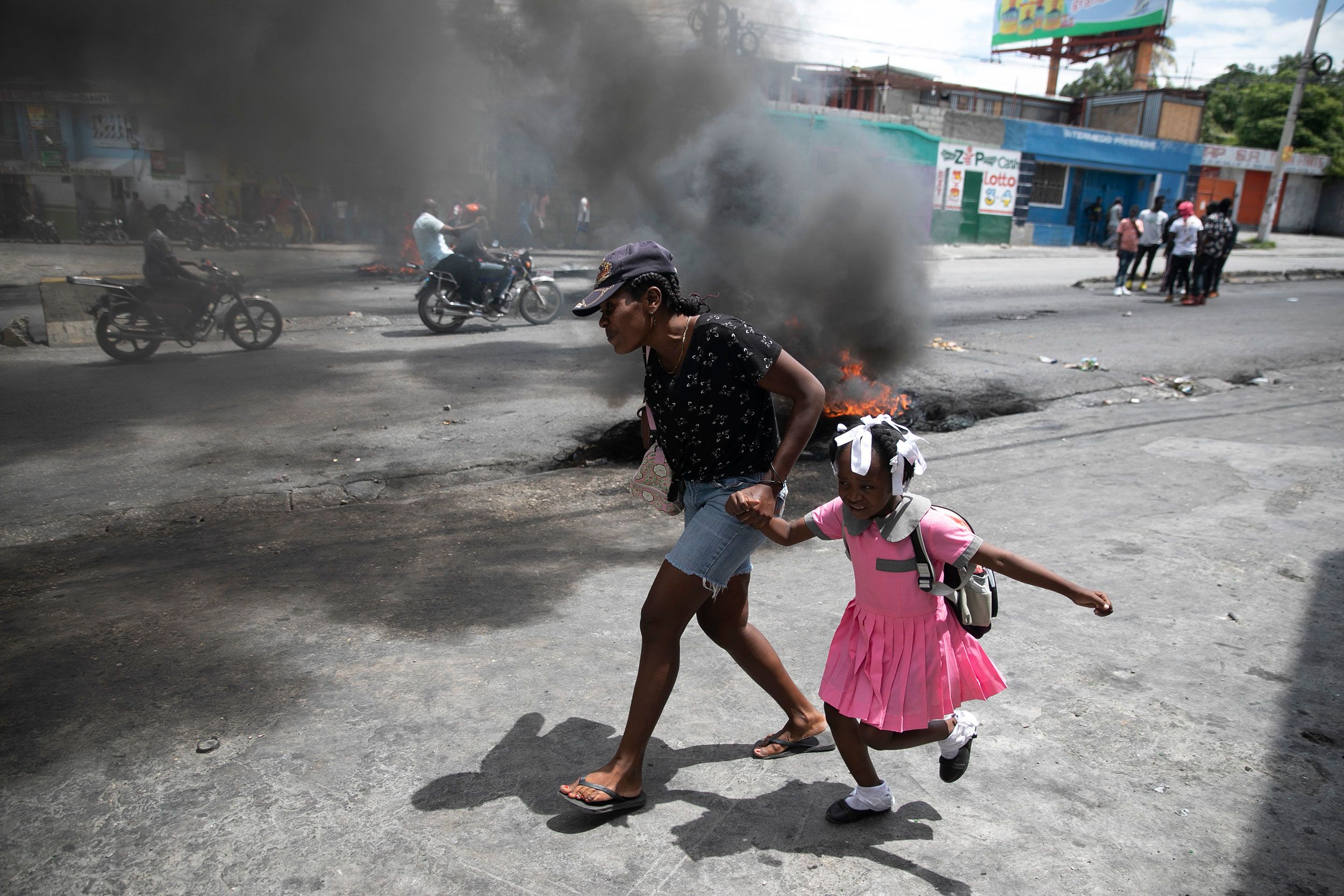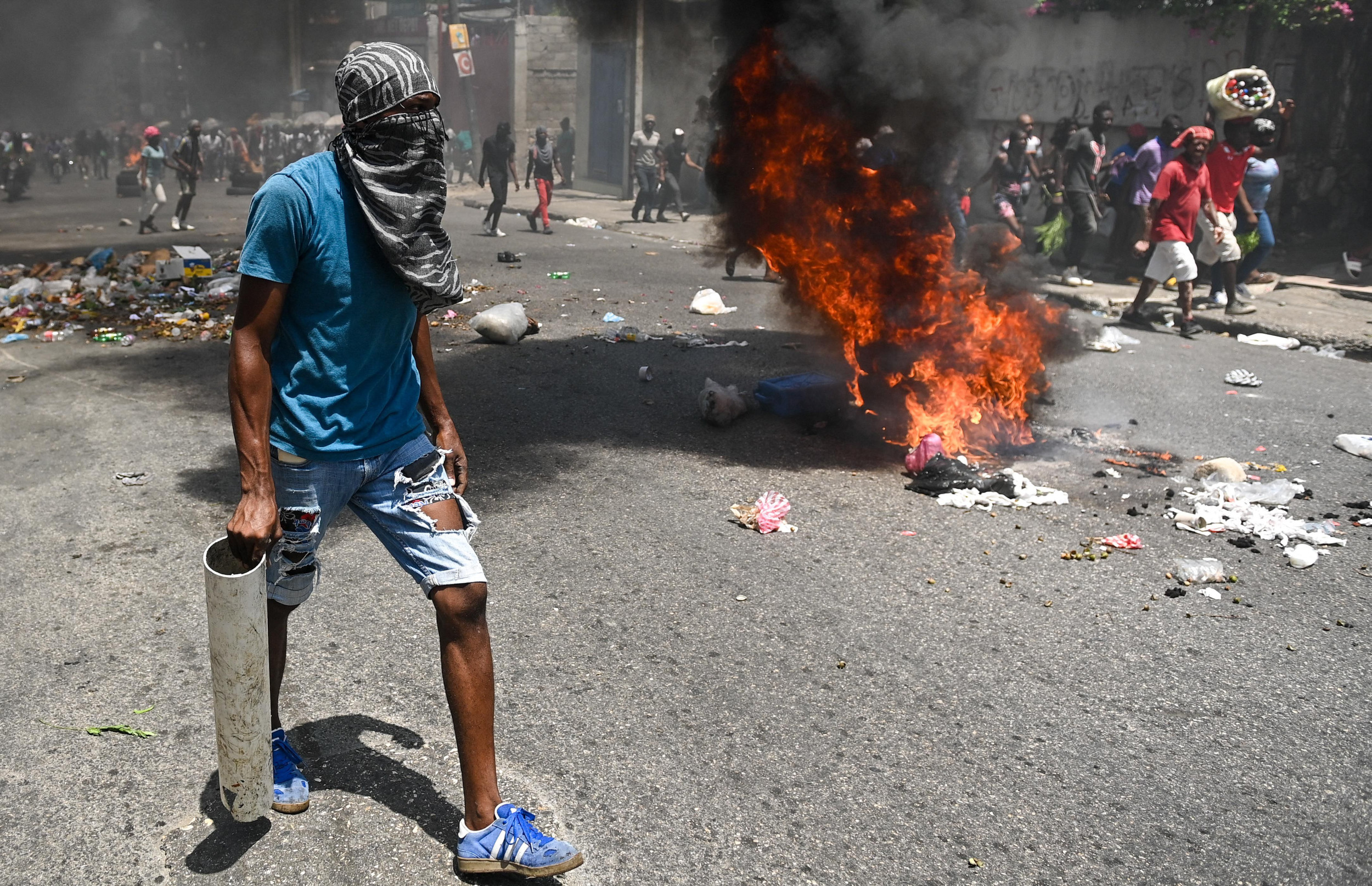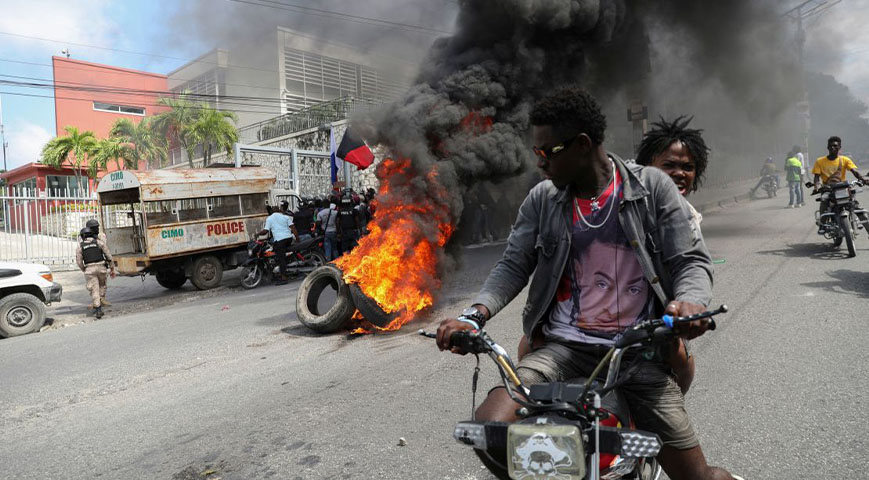Maria Isabel Salvador, head of the United Nations Integrated Office in Haiti (BINUH) says that Haitian gangs are intensifying attacks on areas they do not control.
Speaking to the U.N. Security Council, she highlighted a deteriorating security situation, exacerbated by increased violence from the well-armed Viv Ansanm gang alliance.

Over a year ago, the U.N. approved the deployment of an international security force to help restore order, but only a fraction of the promised 3,000 troops have arrived. Funding shortages have further delayed the mission while gangs continue to expand their influence in the capital and nearby regions.
Did you read this?
Salvador emphasized recent escalations in violence around Port-au-Prince, its suburbs, and the farming areas. These attacks have caused widespread fear, overwhelming Haiti's already fragile security forces.

She warned that the under-resourced international mission could face severe challenges in fulfilling its objectives.
Beyond the violence, tensions are rising between Haiti’s political leadership, particularly between Prime Minister Garry Conille and the presidential council. This power struggle undermines public trust in the government, adding to the country's instability.
Recent clashes have displaced more than 4,200 people since last Thursday, forcing many into makeshift shelters in schools, churches, and health centers. National police forces are being redeployed to conflict zones, with Prime Minister Conille recalling several hundred officers from VIP duties.

The ongoing conflict has driven over 700,000 people from their homes and worsened food insecurity. Over 5 million Haitians are currently suffering from hunger, with thousands on the brink of famine.
The humanitarian crisis continues to deepen as gangs tighten their grip on the country.









